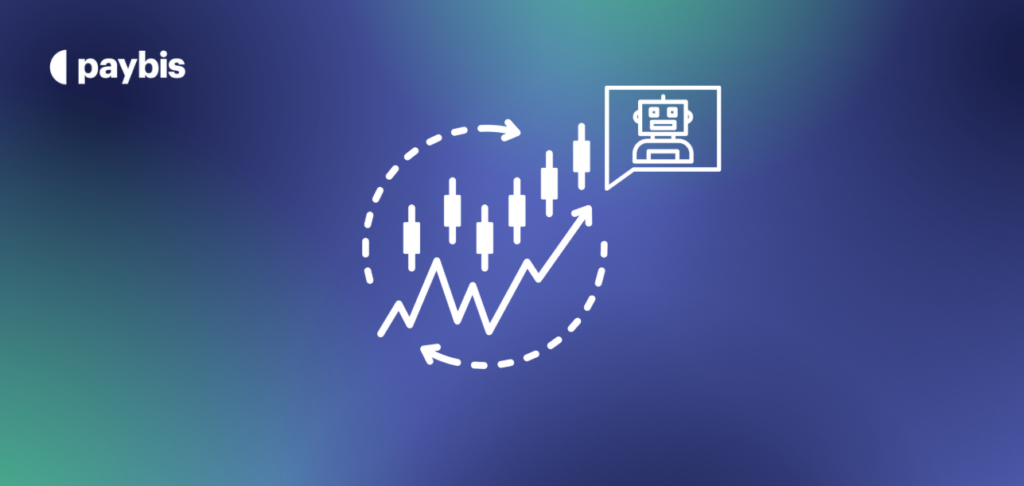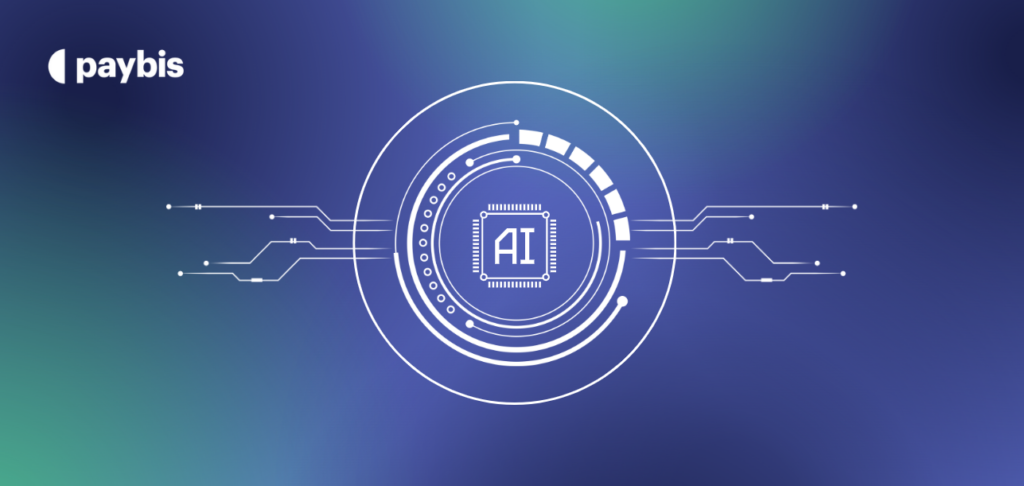Artificial Intelligence (AI)
Artificial Intelligence (AI) refers to computer systems designed to perform tasks that usually require human intelligence, like understanding language, recognizing patterns, making decisions, and learning from data.
What is Artificial Intelligence?
Artificial Intelligence (AI) is a field of computer science focused on building systems that can “think” and “learn” like humans. Instead of relying only on fixed programming, AI systems use algorithms and data to improve performance over time.
AI includes several branches:
- Machine Learning (ML): Systems learn from data and improve without being explicitly programmed.
- Natural Language Processing (NLP): Enables computers to understand and respond to human language.
- Computer Vision: Allows machines to interpret and analyze images or video.
- Generative AI: Tools like ChatGPT or DALL·E create text, images, or other media from prompts.
Today, AI powers everyday applications like voice assistants, recommendation engines, fraud detection, and self-driving cars.
AI Use Cases
AI has become central to technology and business innovation. Common use cases include:
- Automation: Streamlining tasks in customer service, logistics, and finance.
- Healthcare: Supporting diagnosis, drug discovery, and personalized treatments.
- Finance: Detecting fraud, predicting market trends, and managing risk.
- Retail and marketing: Recommending products, personalizing ads, and forecasting demand.
- Creative industries: Generating music, art, or written content.
AI is also used in cybersecurity, robotics, and even climate modeling, showing how versatile the technology has become.
AI’s Impact on Crypto
AI and blockchain often intersect, creating new opportunities:
- Trading & analytics: AI algorithms analyze market data and on-chain activity to predict price trends or optimize trading strategies.
- Fraud detection: Exchanges and DeFi platforms use AI to spot suspicious transactions and prevent hacks or scams.
- Smart contract audits: AI can scan and detect vulnerabilities in code, improving security.
- Decentralized AI platforms: Projects like SingularityNET aim to create marketplaces for AI services on the blockchain.
- Data privacy & sharing: AI models can be trained on encrypted or blockchain-verified data, giving users more control over how their information is used.
AI is increasingly viewed as a complement to blockchain: while blockchains provide security and transparency, AI adds intelligence and automation.
FAQ
Is AI the same as machine learning?
Not exactly. Machine learning is a subset of AI focused on algorithms that learn from data. AI is the broader concept of machines simulating human intelligence.
Can AI run on blockchains?
Yes, but with limits. Blockchains are decentralized and transparent, while AI models are resource-intensive. Hybrid solutions often combine on-chain verification with off-chain AI processing.
Will AI replace humans?
AI is designed to assist and augment human work, not fully replace it. However, some repetitive or data-heavy jobs may be automated.
How does AI affect crypto trading?
AI-driven bots can analyze market signals and execute trades faster than humans, but they still carry risks like overfitting or reacting poorly to unexpected events.
Disclaimer: Don’t invest unless you’re prepared to lose all the money you invest. This is a high‑risk investment and you should not expect to be protected if something goes wrong. Take 2 mins to learn more at: https://go.payb.is/FCA-Info


